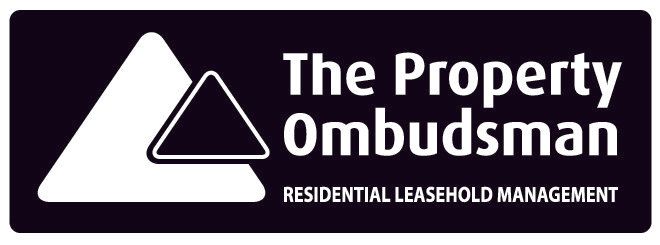Do I Really Need a Reinstatement Cost Assessment?
The short answer? Yes. We've teamed up with Cardinus Risk Management to explain why...
- The main structure (including foundations)
- Half of the cost of party walls/protecting adjoining structures
- The cost of demolition
- The cost of debris removal
- The cost of labour and materials
- The cost of professional fees
- Walls, fences and gates
- Garages, bin stores and outbuildings
- Car parking areas, drives & access roads (including private access roads)
- External lighting
- Sewage and water pumping plant
- Hard (and often soft) landscaping
- Swimming pools, tennis courts and other leisure facilities
What are the implications of underinsurance?
Under-insurance can have a number of implications, here’s an example provided to us by Cardinus
Risk Management...
Consider a building with a current sum insured of £3,600,000. If we assume the rebuild value was actually £4,320,000 (in other words, it was undervalued by 20%) and a claim was made at a cost of £2,500,000 then, if insurers applied an averaging clause - saying the cover was only 83.33% of the true building value, the settlement made by insurers might be just £2,083,250 – leaving a shortfall of £416,750. That bill would then have to be met by the landlord or collectively by the leaseholders. This could have one or all of the following implications:
- Claims payment does not cover the full property repair/building cost
- Funds may not be available to complete the rebuild
- Increased borrowing may be required
- Negative impact on balance sheet
- Difficult negotiations with insurers
- Upset leaseholders and tenants
- Extended rebuild times
- Potential legal action (from lenders and leaseholders) for inadequate levels of cover
- Damage to reputation and brand
But, am I really likely to be underinsured?
You would be surprised at how many properties are deemed under-insured following a Reinstatement Cost Assessment, and often by a significant margin. In the past, we’ve seen properties under-insured by more than 20%. This could be due to a number of reasons, such as:
- The insurance being based on market value rather than the property’s declared value.
- The insurance being based on developers figures, which may not include costs such as debris removal or surveyor fees.
- Historical figures having been rounded up, without taking into consideration a rise in material and labor costs.
- A professional valuation hasn’t been carried out within the last three years or more.
Ok, so how do I arrange a Reinstatement Cost Assessment?
If you think you need a Reinstatement Cost Assessment, please get in touch with your Property Manager. If we have one on file, we can provide you with a copy. Otherwise, we can arrange for one to be carried out on your behalf, via Cleaver Property Services’ risk management offering. We work predominantly with Cardinus Risk Management to provide this service to our clients.
The process of a Reinstatement Cost Assessment is as follows:
- Pre-visit Preparation - time spend researching the building to gain an initial understanding of its size and peripheral features.
- On-site Assessment - a qualified assessor will conduct a walk-around and measure up (according to the RICS code for measuring practice). A sketch plan will be drawn to record the footprint of the buildings, including the number of storeys present in each; this will be supported by a photo log. The assessor will then establish the gross external area of the buildings.
- Post-visit Report - the assessor will then compile a report, and carry out appropriate calculations to determine whether the property is over, under, or adequately insured. This would usually be measured against the building's current declared value.
We will always do our best to send you a reminder when your next RCA is due, and can also assist in arranging adequate Buildings Insurance cover, should you be declared under-insured; we are appointed representatives of Marsh Commercial, and regulated by the Financial Conduct Authority in respect of our insurance activities. If you have any further questions regarding Insurance Valuations and/or our Risk Management service, please don't hesitate to contact us.














